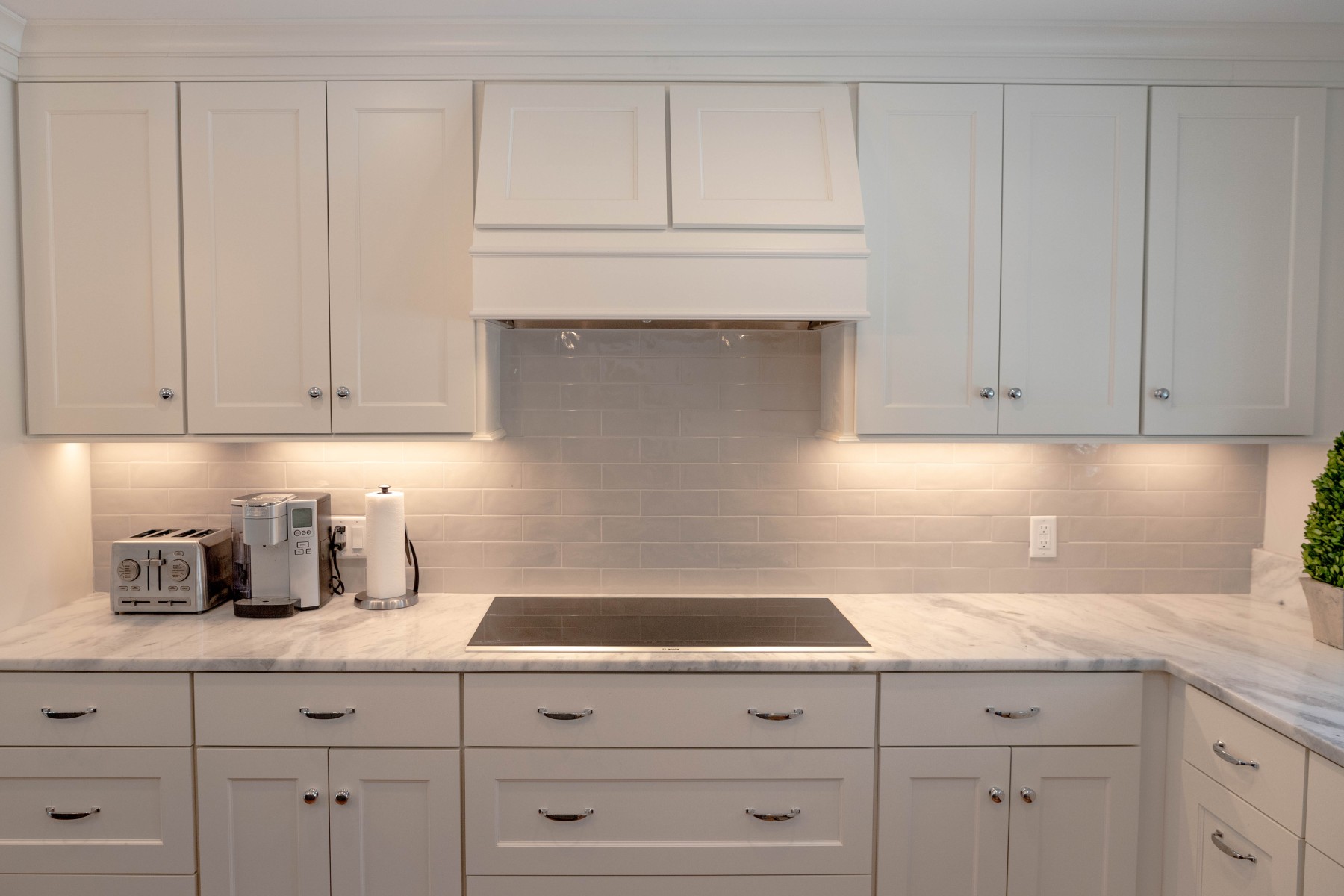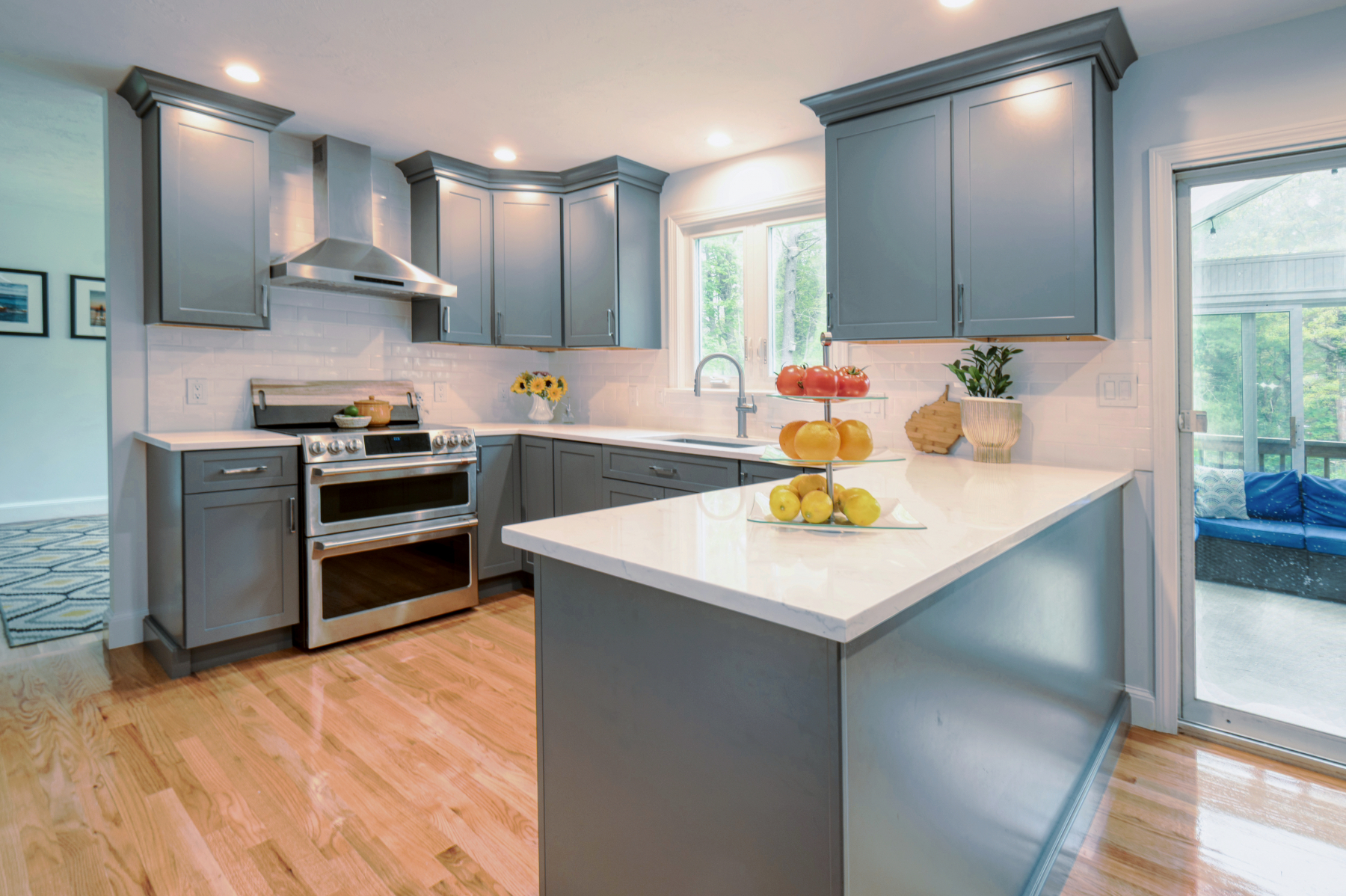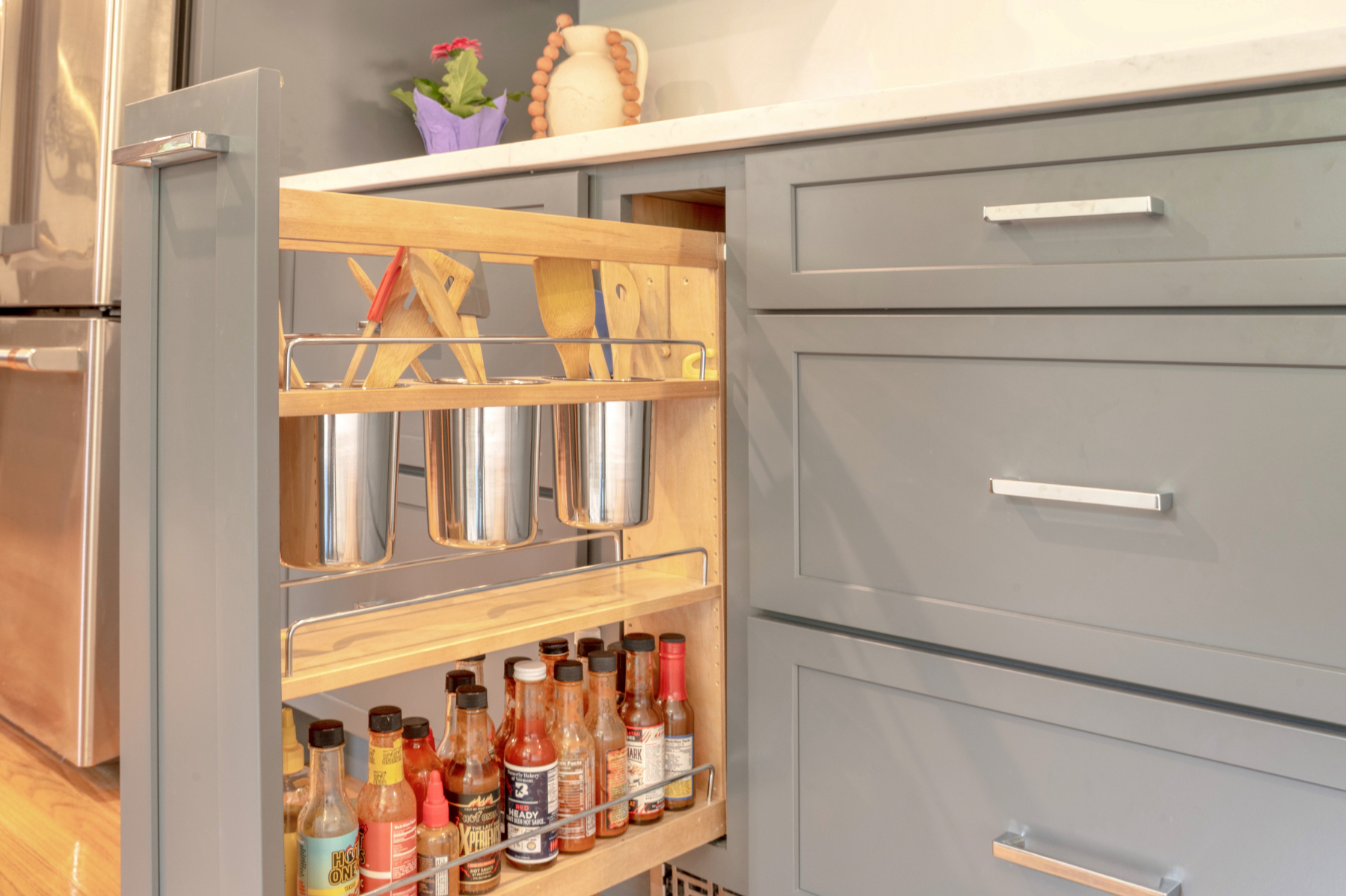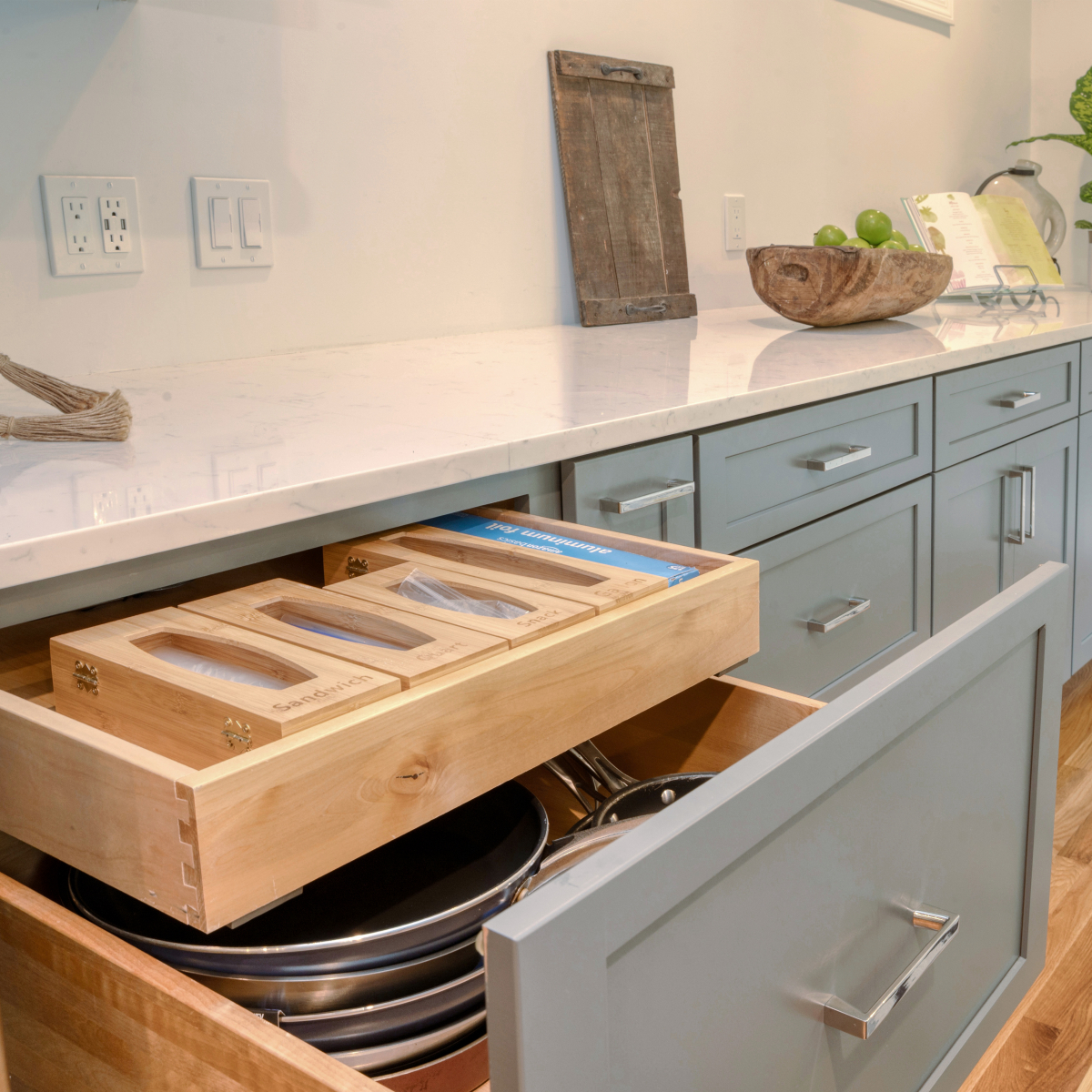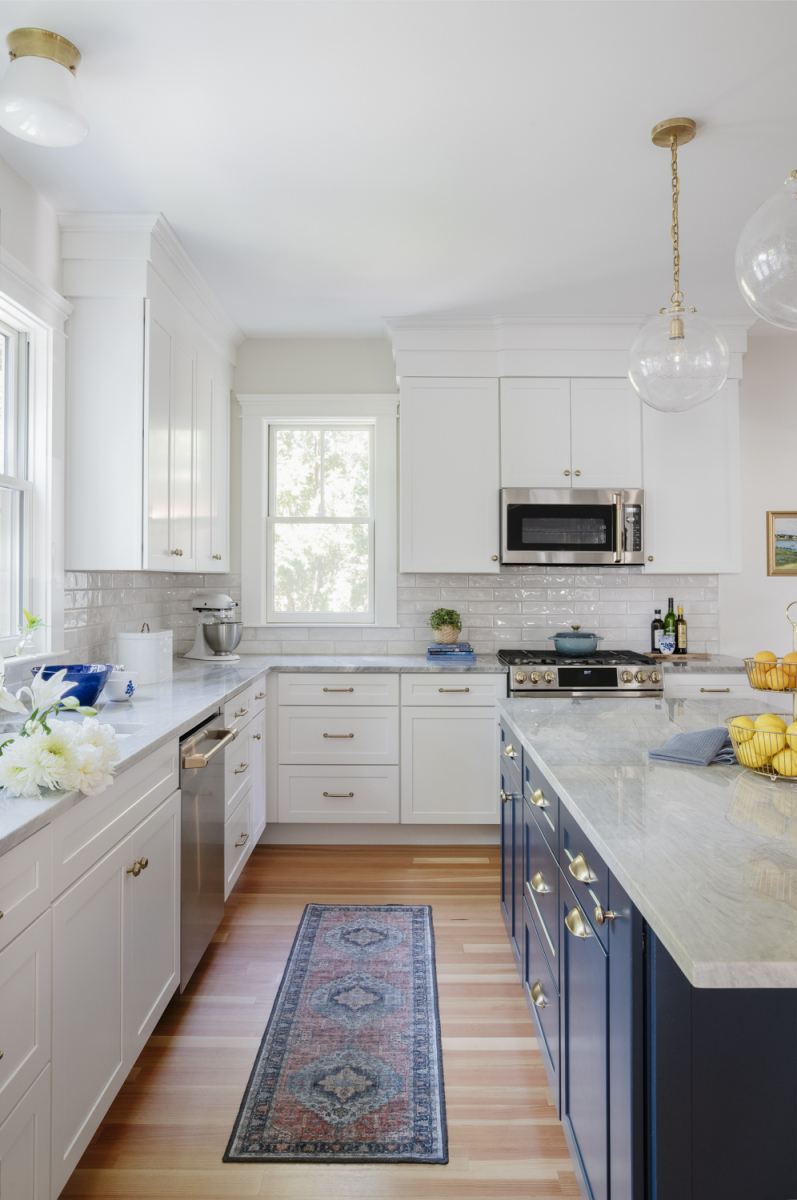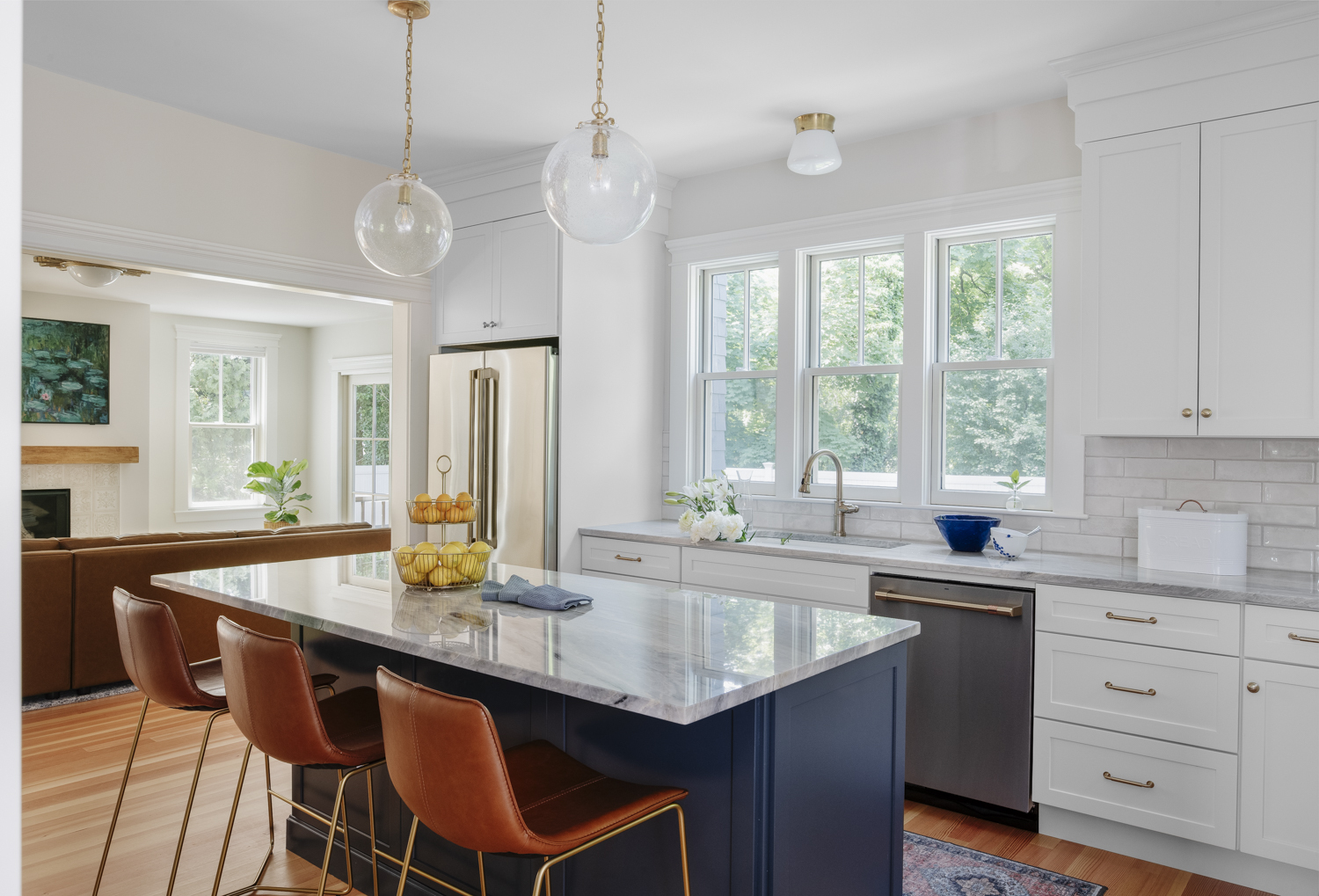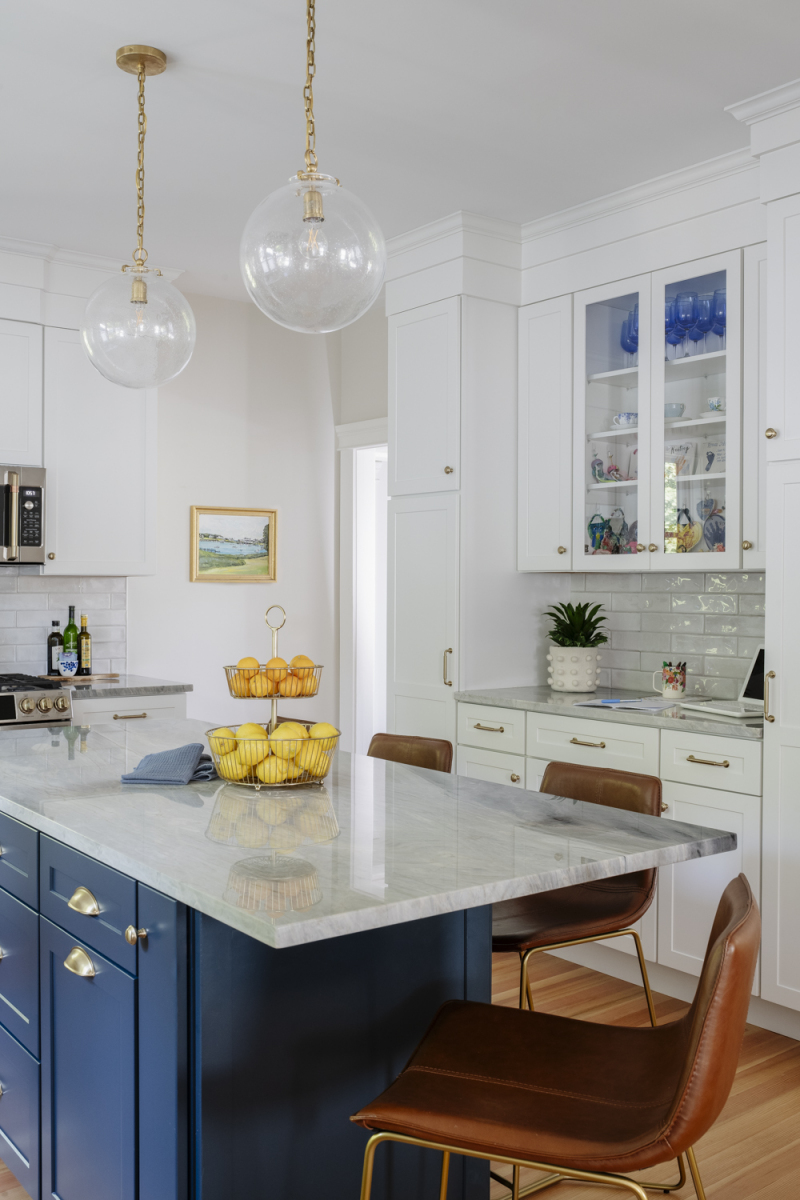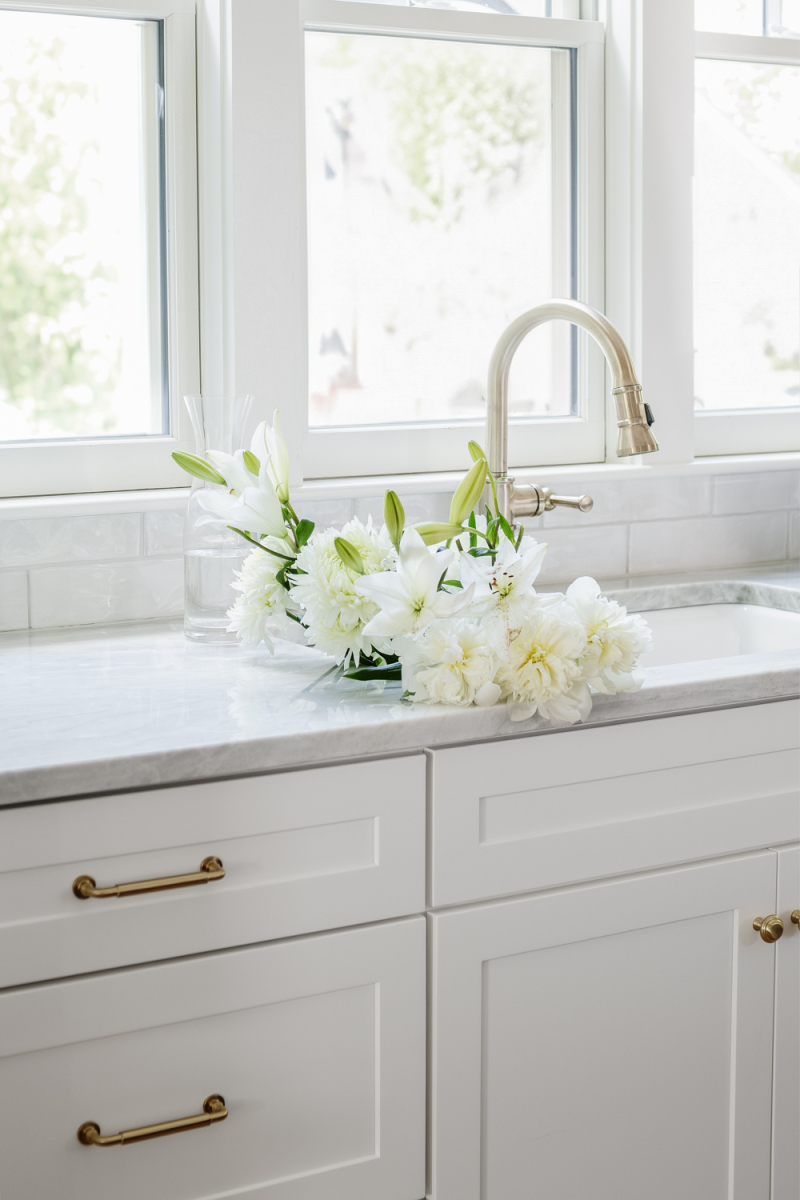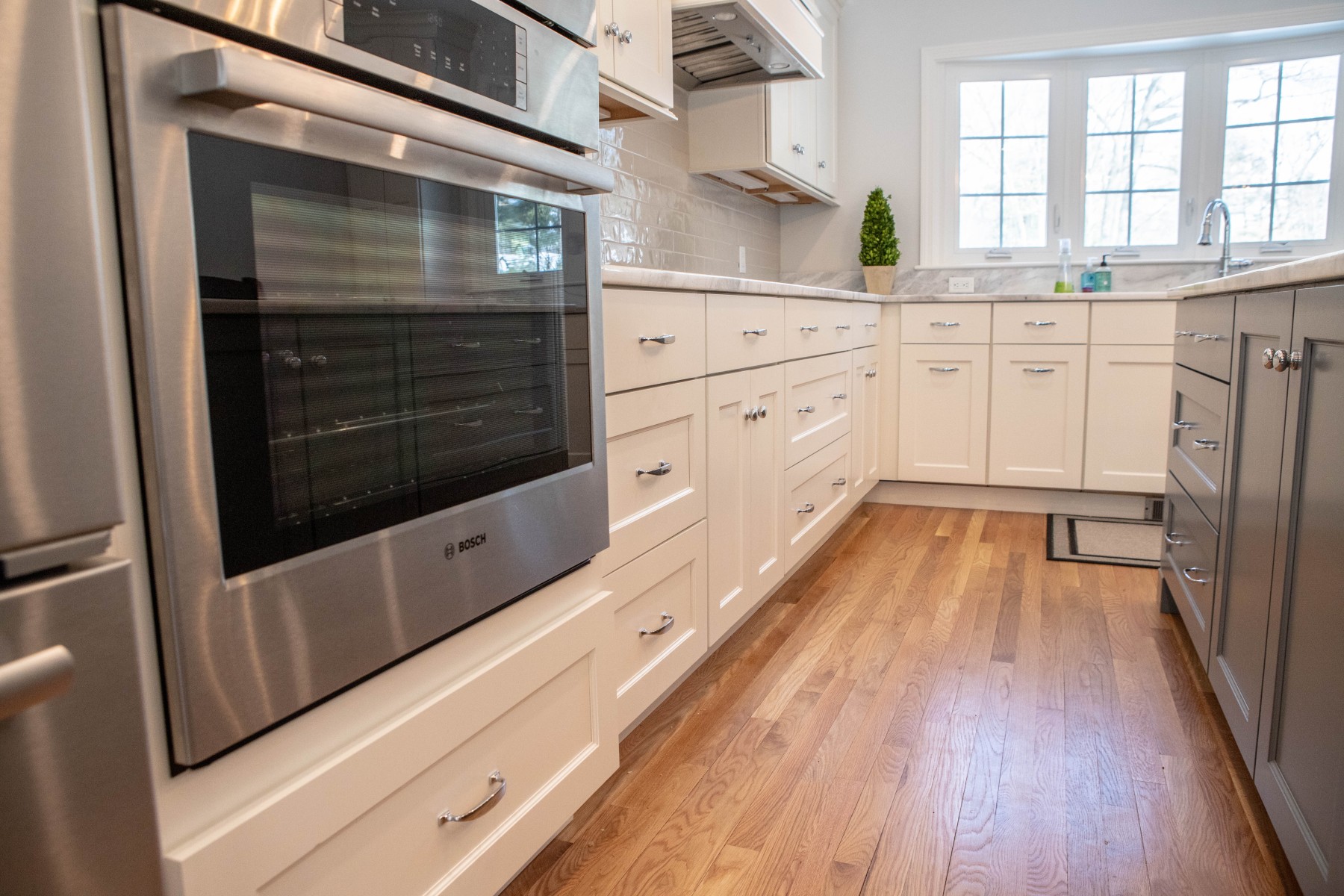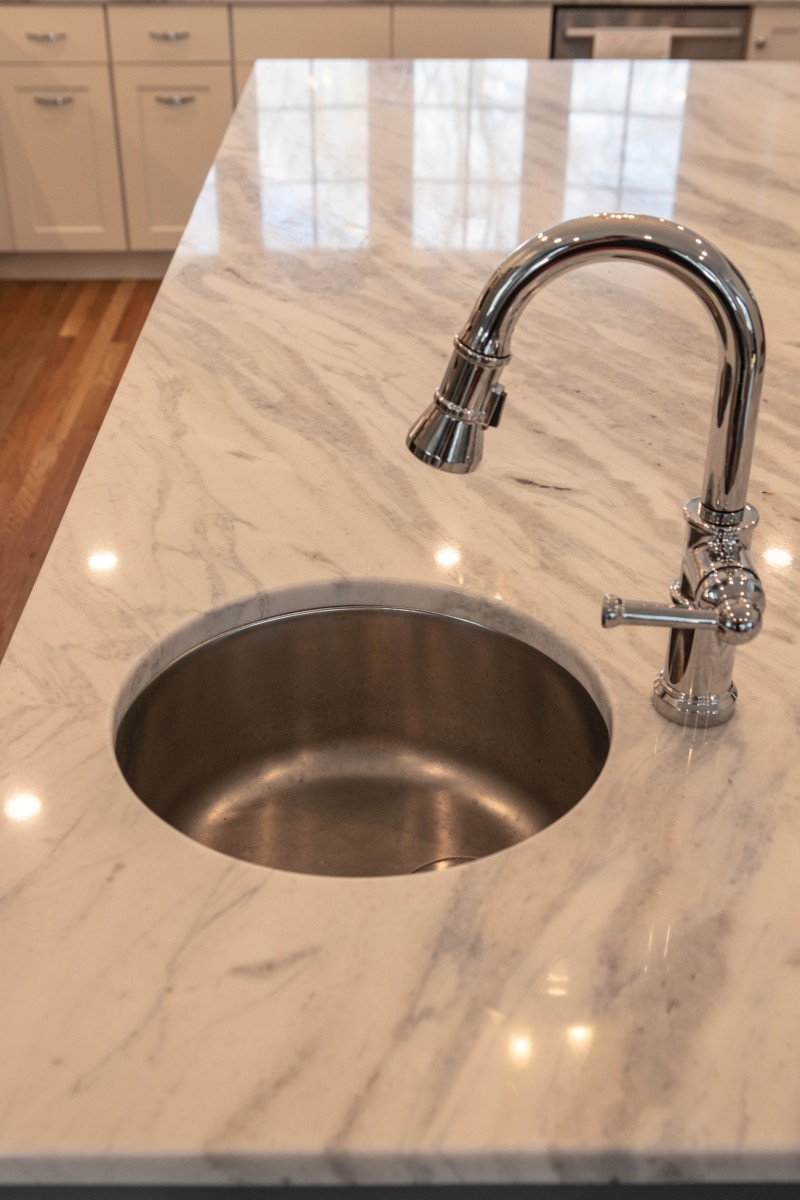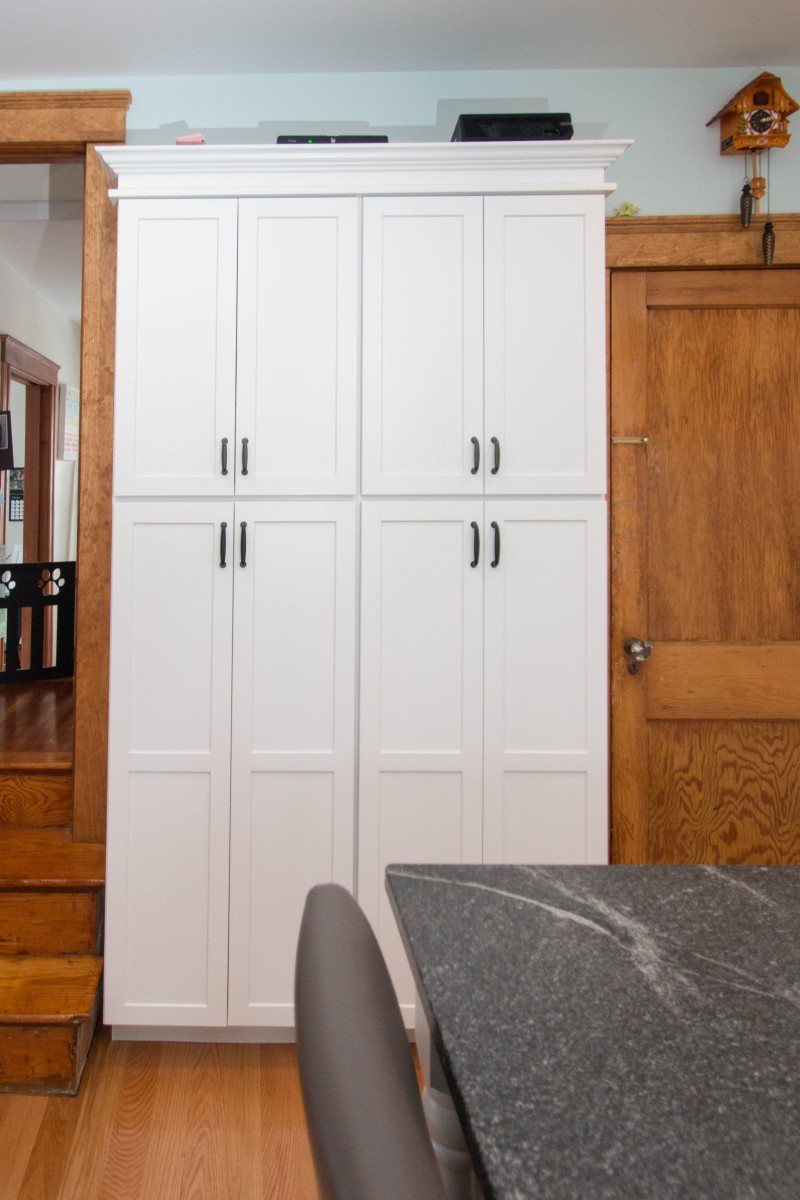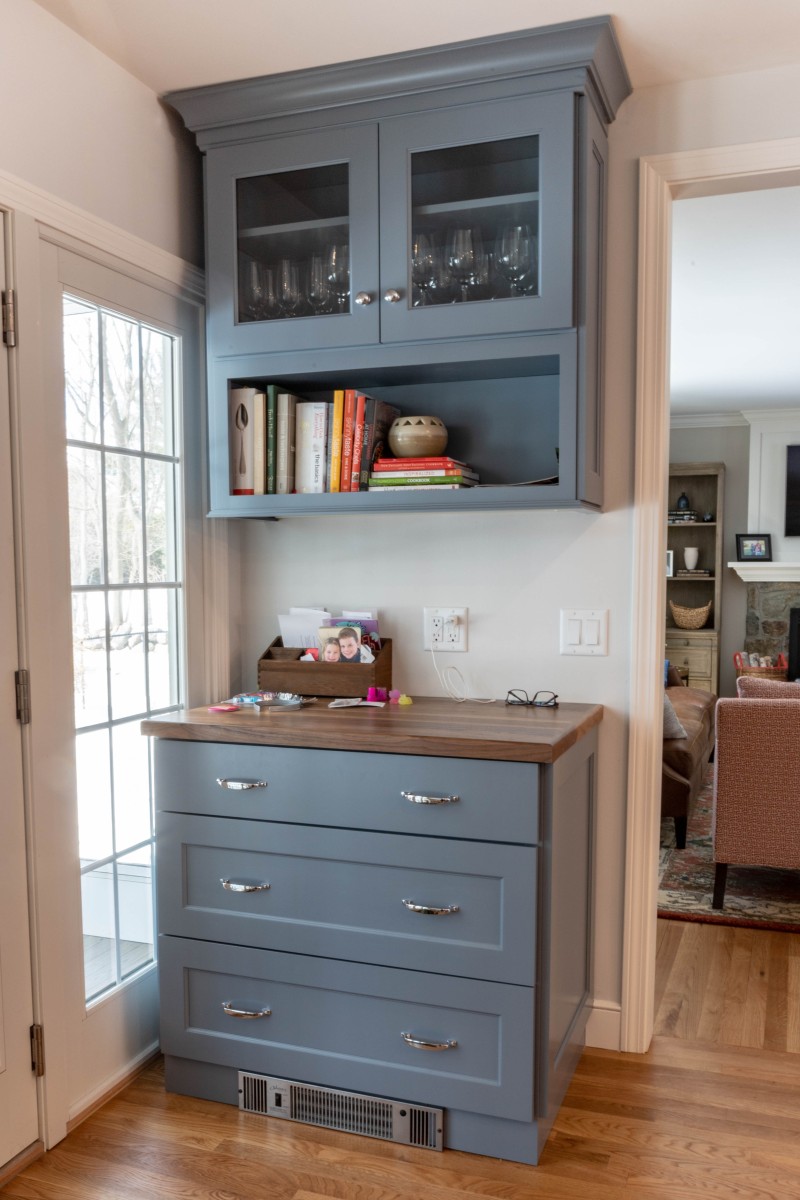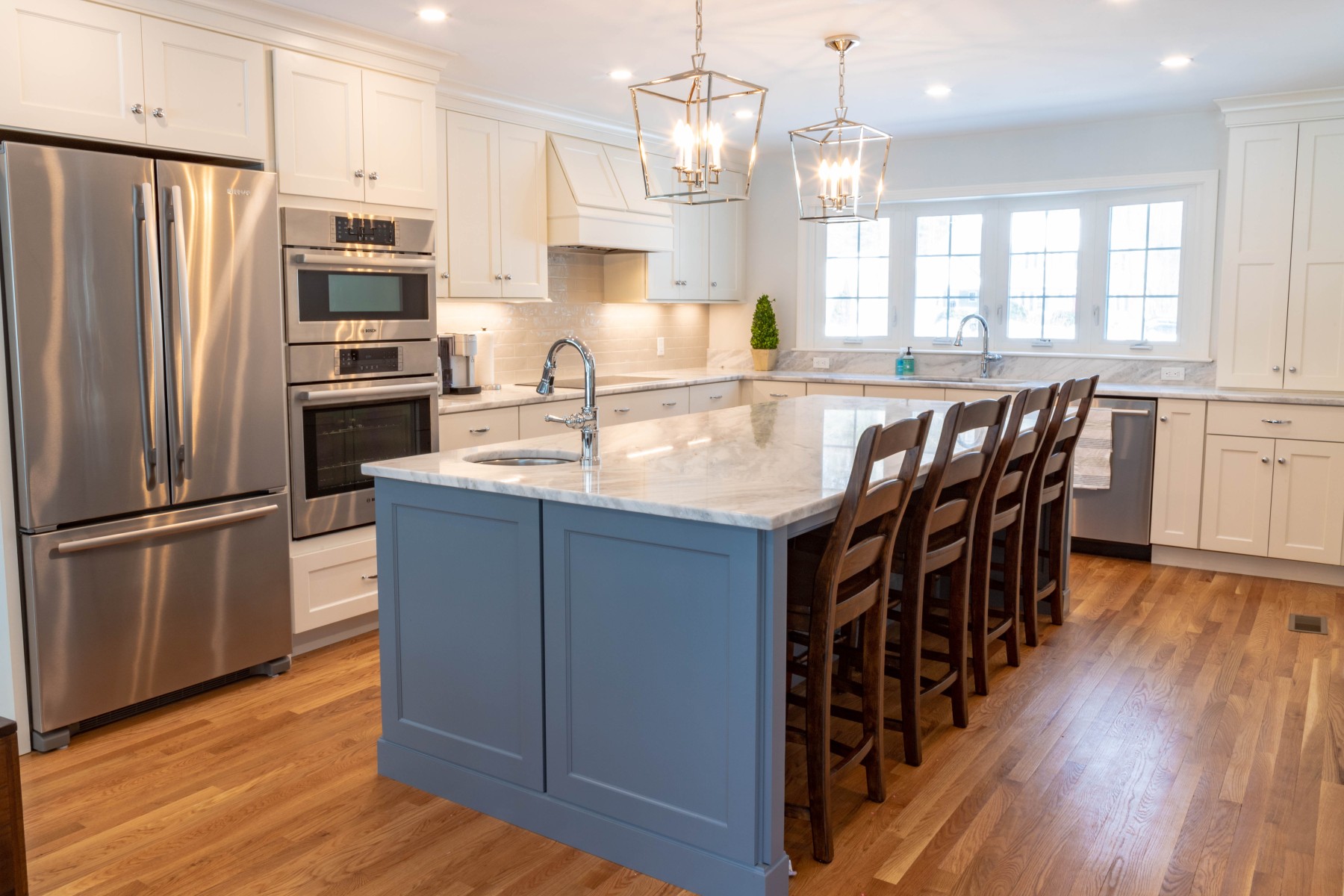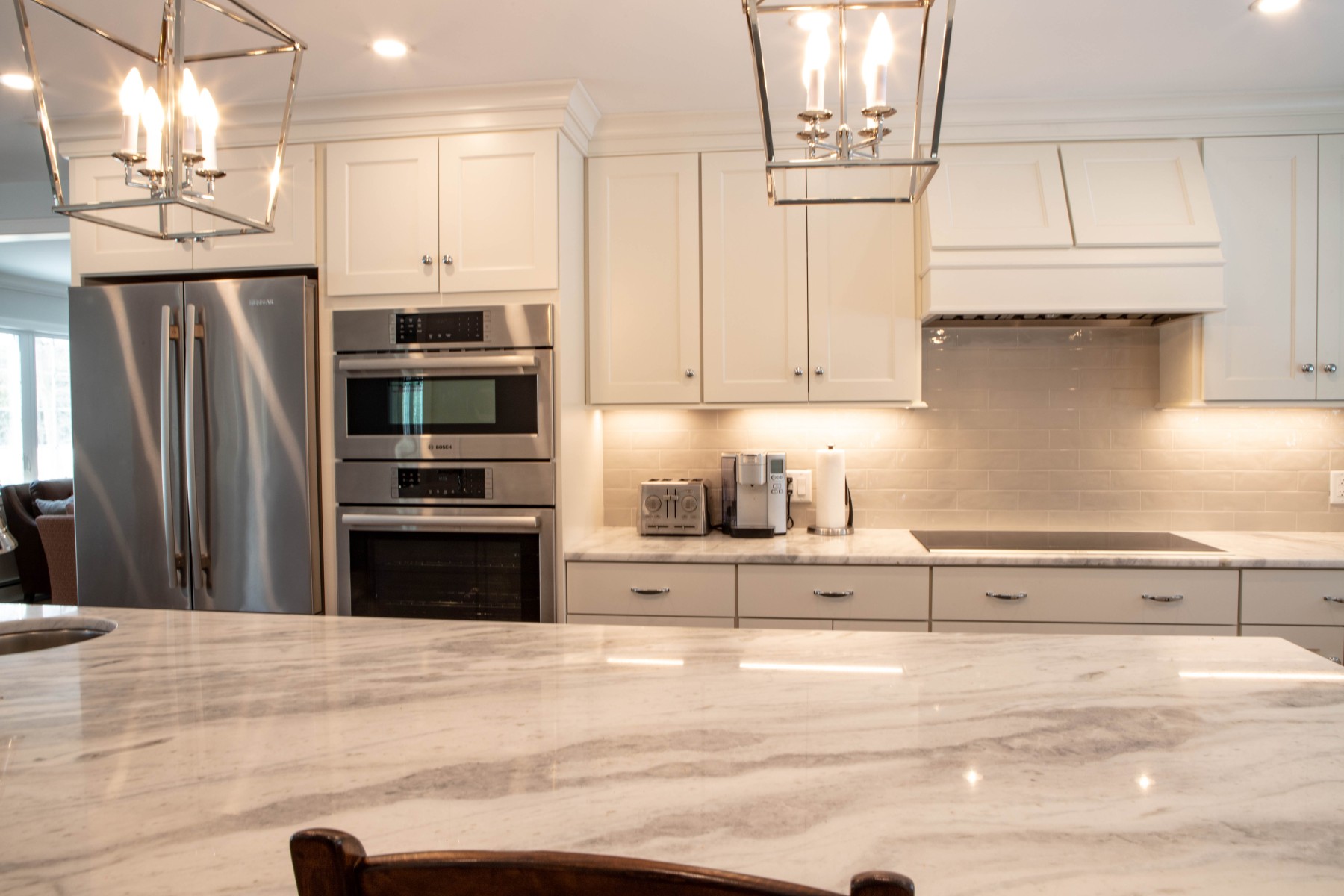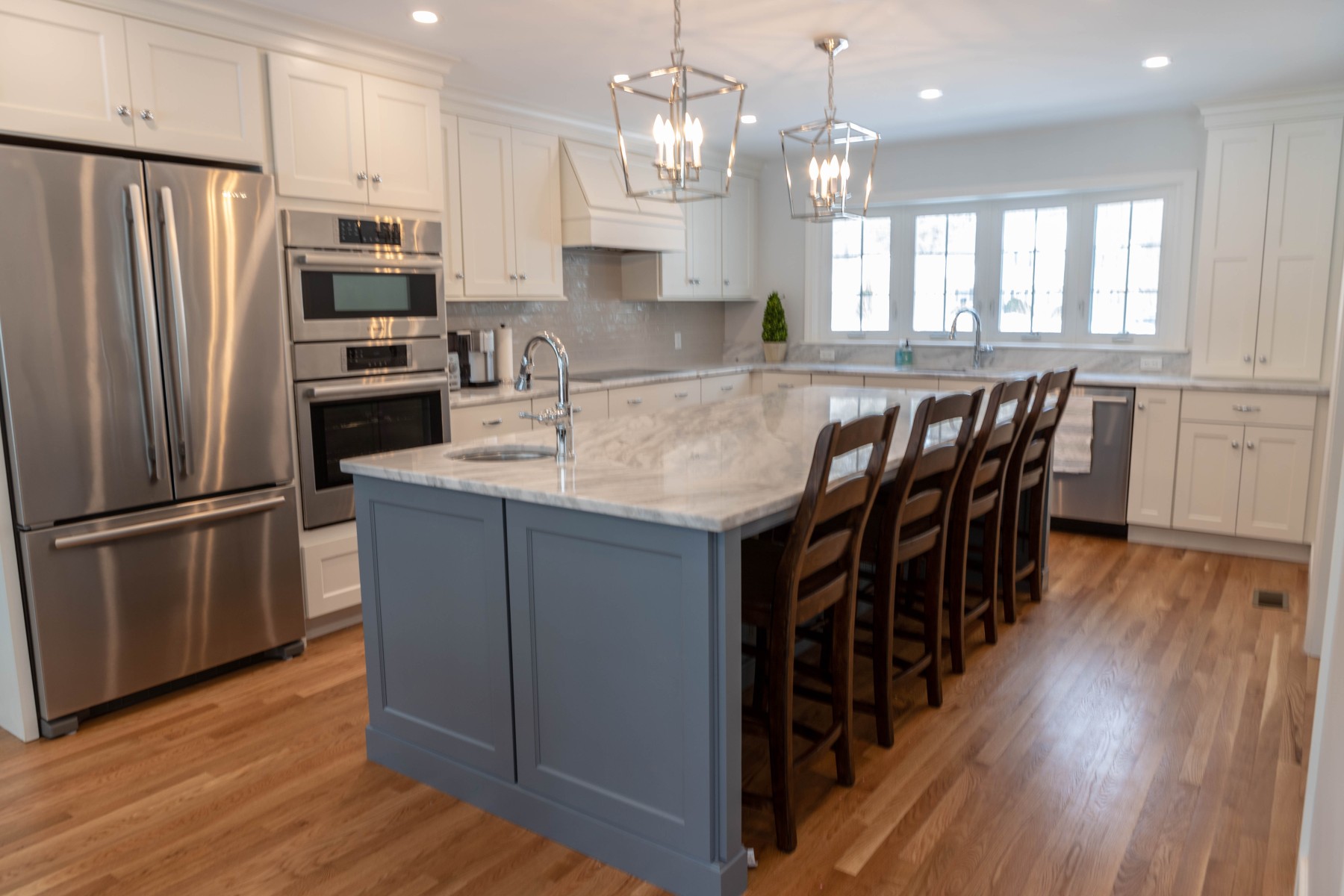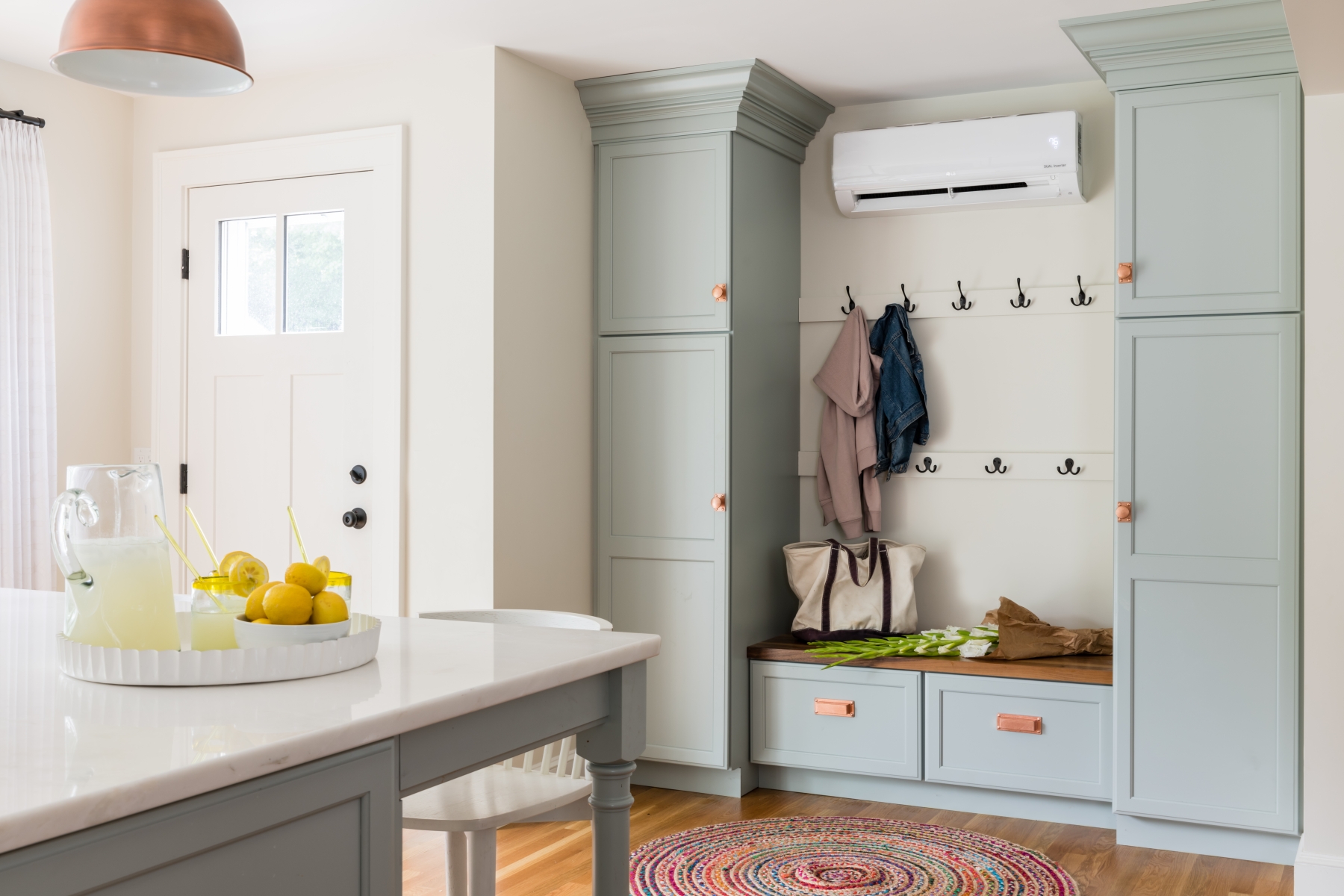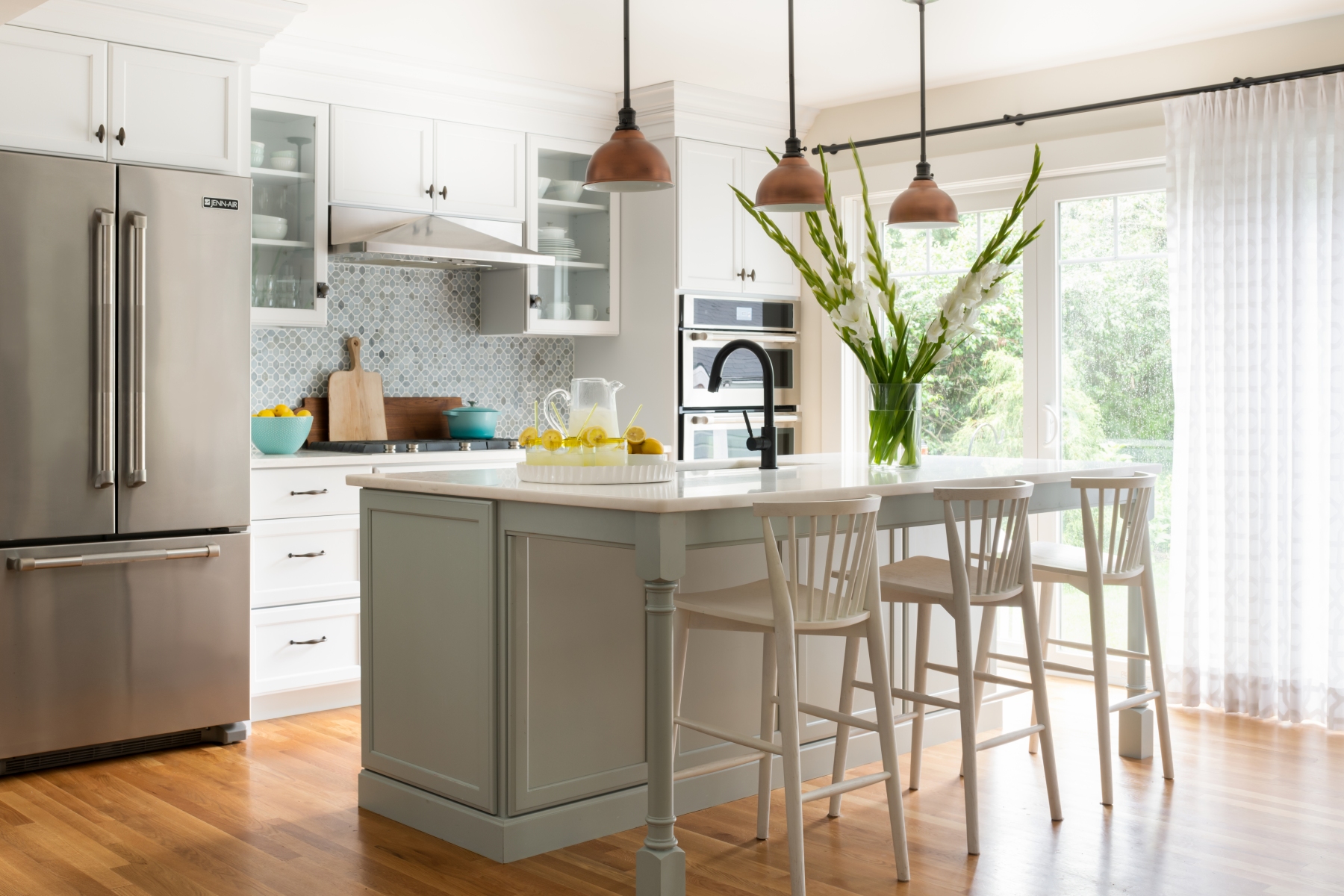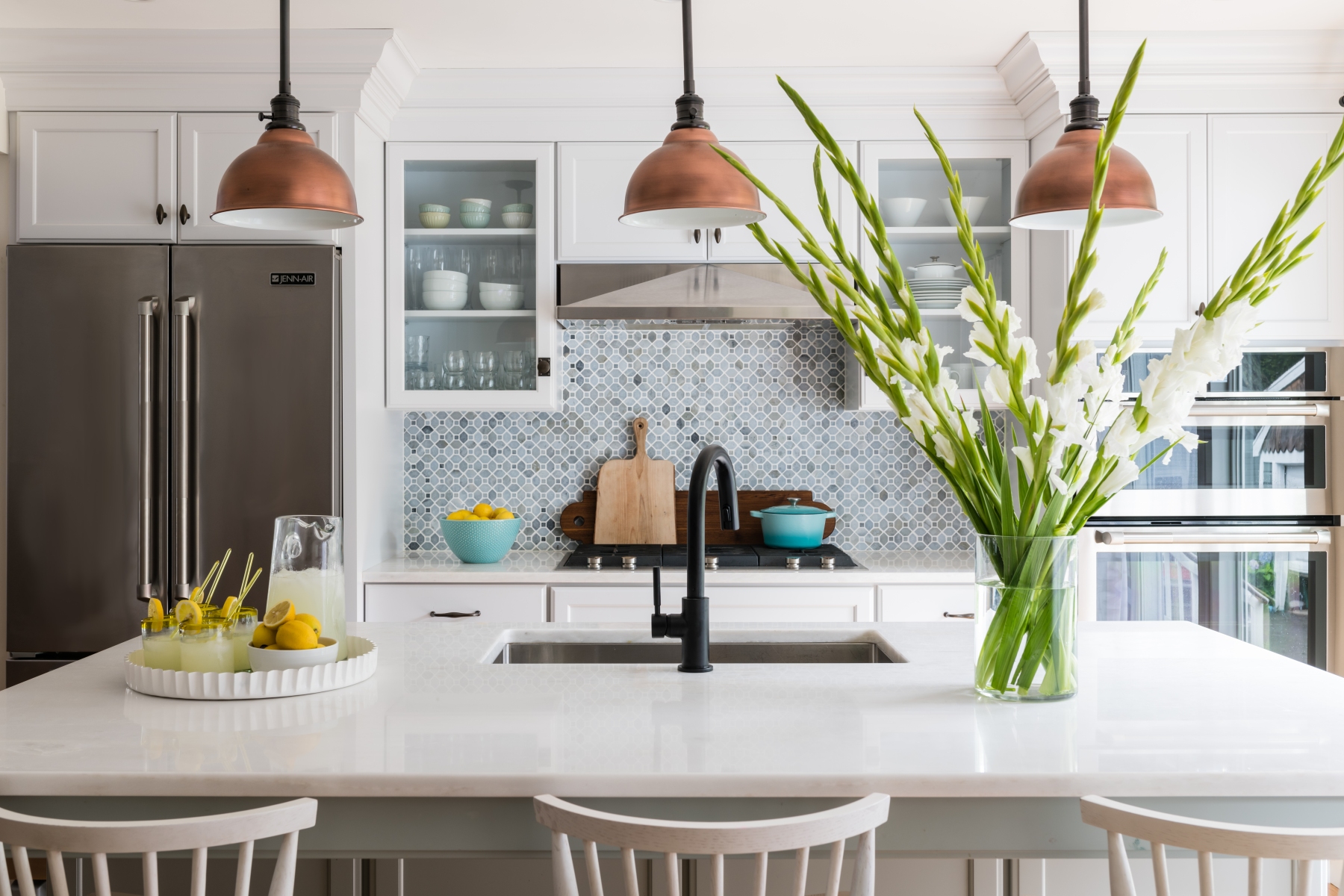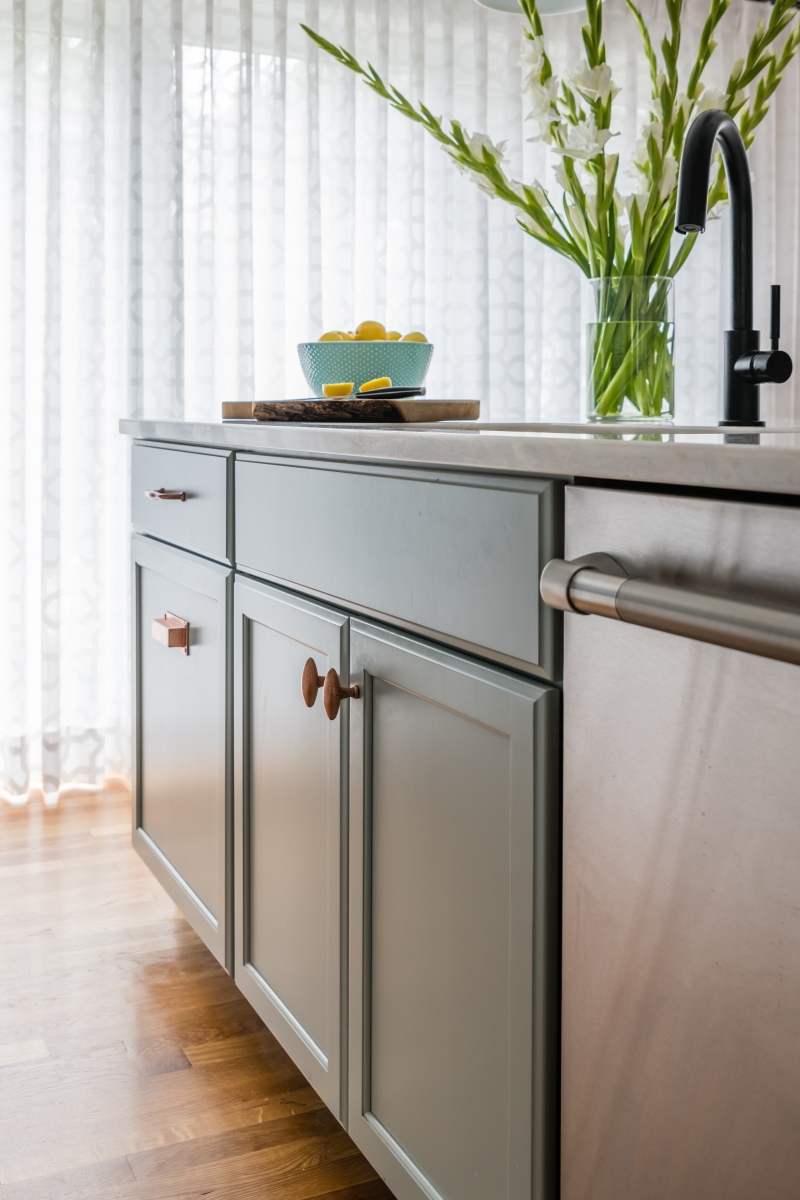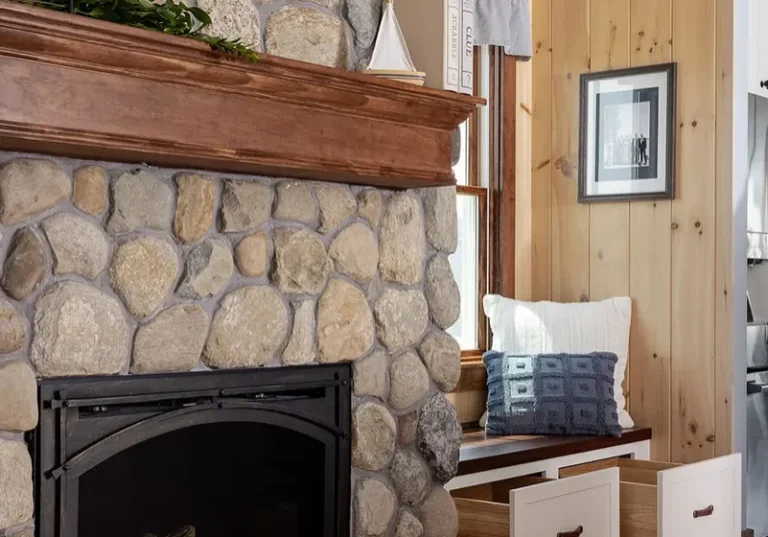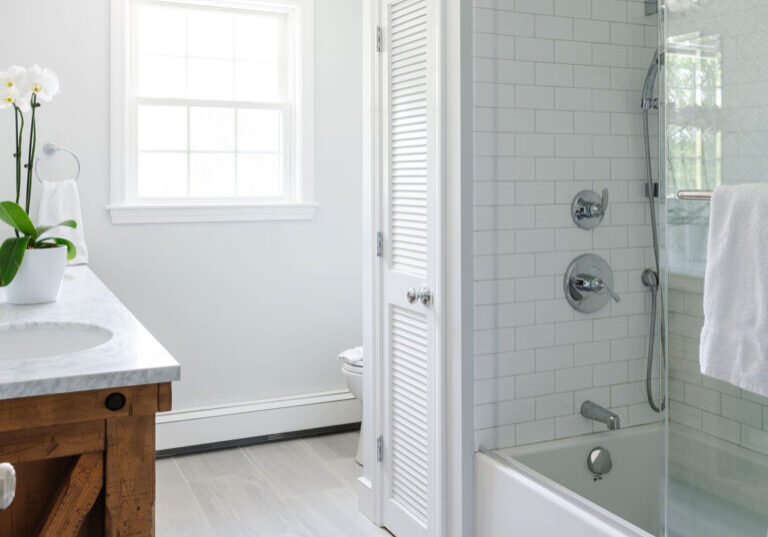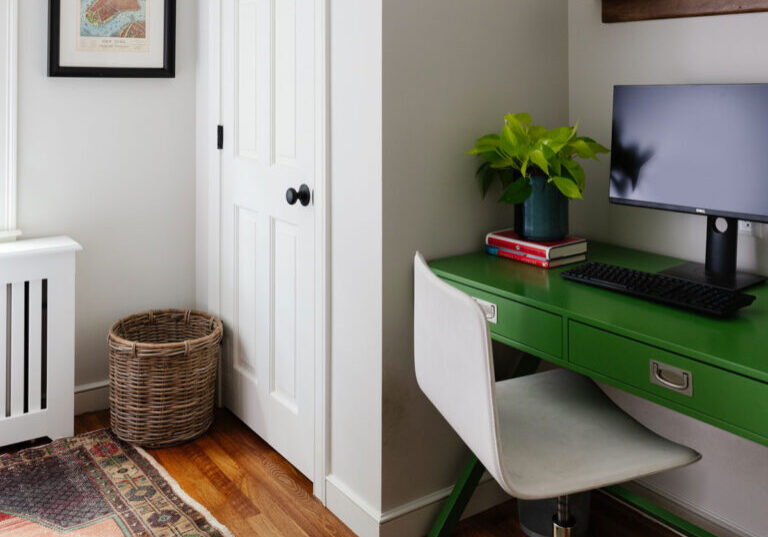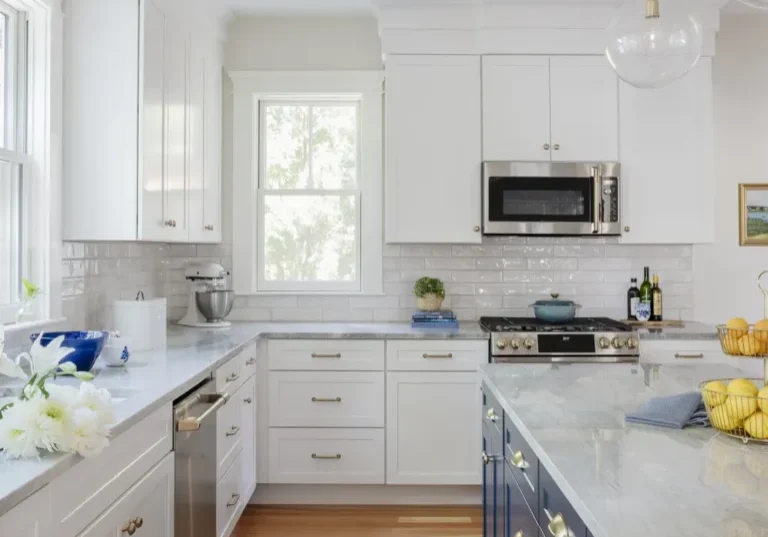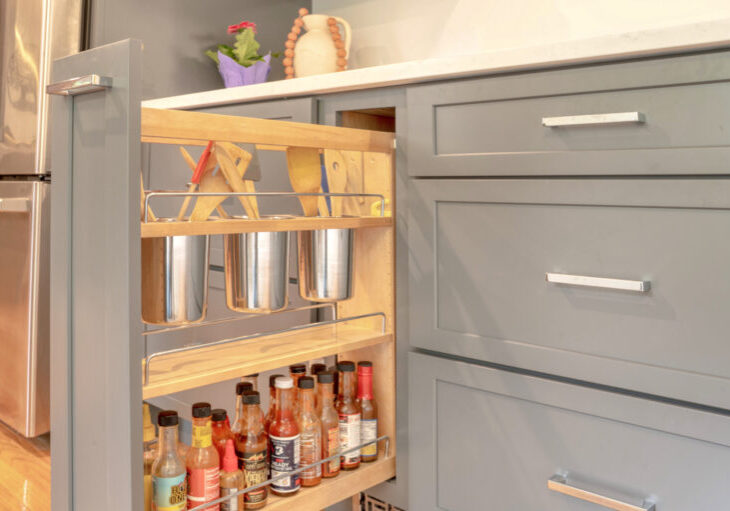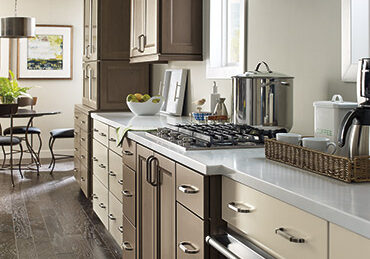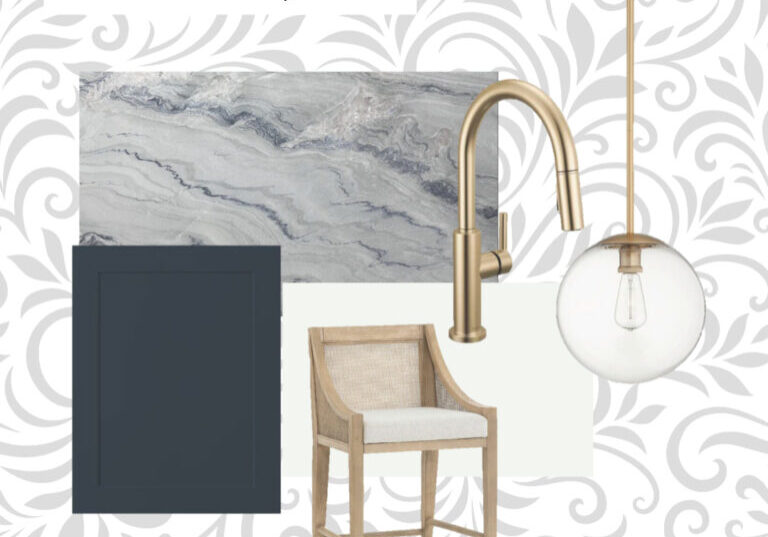Granite versus Quartz
A Guide for Homeowners for Choosing
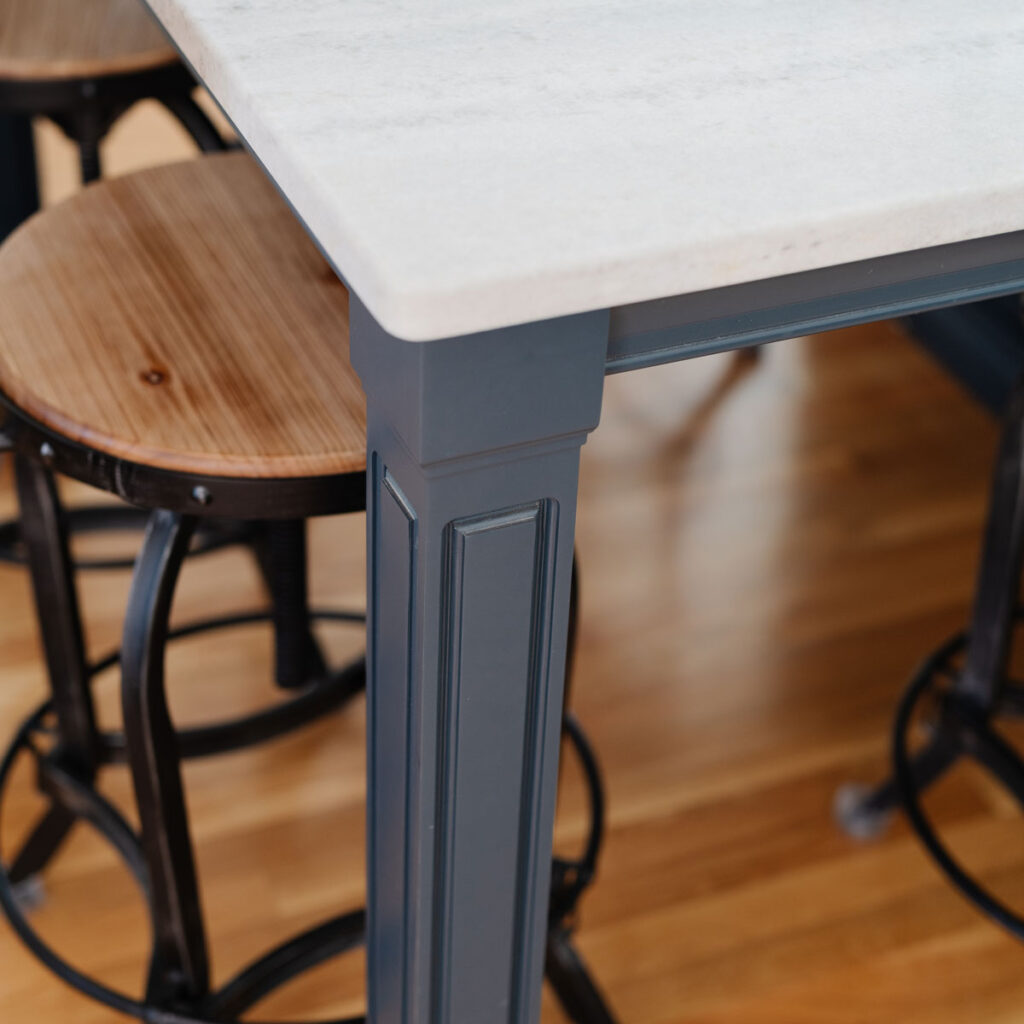
Selecting a countertop for your kitchen can be one of the most challenging decisions during a remodel. With numerous options available, particularly solid surface materials like Granite and Quartz, it’s essential to weigh the pros and cons to find what suits you best. Have you found yourself pondering, “Granite versus Quartz—which is best for me?” Here are some insights to help you decide:
Stain resistance:
When it comes to stain resistance, Quartz takes the lead. While both materials can resist stains, Quartz requires less maintenance compared to Granite. Granite is porous and needs annual sealing to prevent stains, whereas Quartz is nonporous and inherently resistant to staining and bacteria buildup.
Installation:
Proper installation is crucial for both Granite and Quartz countertops. Quartz manufacturers (such as Silestone and Caesarstone) have strict guidelines for fabricators and installers, ensuring meticulous training and adherence to quality standards. Granite installations often involve local companies who are sourcing slabs from nearby warehouses.
| Granite Countertops | Quartz Countertops | |
| Stain Resistance | Needs annual sealing; porous nature can harbor stains. | Nonporous; resistant to stains and bacteria. |
| Aesthetics | Unique patterns and colors; each slab is one-of-a-kind. | Consistent color and pattern replication; manufactured appearance. |
| Durability | Durable; withstands heat and impact but can chip or crack. | Highly durable; resistant to scratches, chips, and cracks. |
| Maintenance | Needs annual sealing; additional upkeep for longevity. | Minimal maintenance; regular cleaning with standard products. |
| Environmental Impact | Natural material; may have lower environmental impact. | Manufactured material; depends on production practices. |
| Initial Pricing | Wide price range; some slabs can be less expensive than Quartz. | Can be more expensive; stable pricing with minimal fluctuations. |
| Long-Term Costs | Initial sealing costs; potential long-term maintenance costs. | Lower maintenance costs; no need for sealing |
| Popularity | Popular for natural beauty and individuality. | Popular for consistency, modern appeal, and ease of maintenance. |
| Resale Value | Favored for high-end kitchens. | Appeals for modern aesthetics, and easy maintenance. |
Aesthetics:
Aesthetics are subjective, but Granite typically offers a more natural and unique appeal. Each Granite slab is distinct, with varying patterns and colors. It’s advisable to personally inspect and select your Granite slab to appreciate its individuality. On the other hand, Quartz offers consistent color and pattern replication due to its manufactured nature. Choosing a Quartz color ensures your countertop will closely match the sample you select.
Pricing:
While Granite prices can vary widely, it tends to be more expensive overall compared to Quartz. However, some Granite slabs may cost significantly less per square foot than Quartz. Quartz prices are generally more stable with minimal fluctuations. Additionally, consider long-term costs: Quartz requires minimal maintenance (just regular cleaning), whereas Granite necessitates annual sealing, which incurs additional costs.
Making Your Decision
Whether you prioritize natural aesthetics and uniqueness (Granite) or consistency and low maintenance (Quartz), the choice ultimately depends on your preferences, budget, and lifestyle.
Contact Us for Expert Advice
At Almar Building and Remodeling, serving homeowners in the South Shore and Cape Cod area, we specialize in kitchen remodels and countertop installations. Contact us today for personalized guidance and to explore our wide range of remodeling services.
Updated: July 2024

